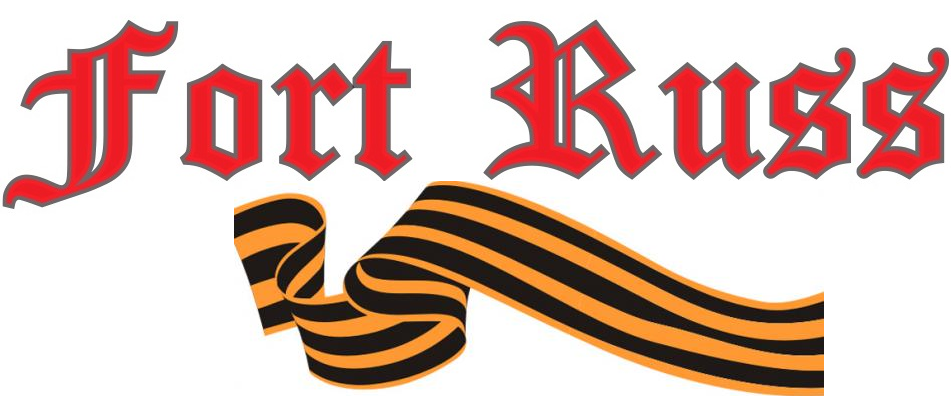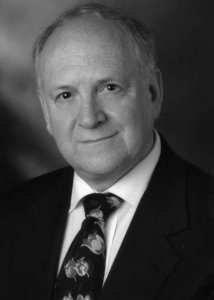
Published 7-10-2015, 04:10
 "A Frenchman who does not acclaim the victory of Russia is not a good Frenchman."
"A Frenchman who does not acclaim the victory of Russia is not a good Frenchman." |
| De Gaulle in Moscow, June, 1966 |
Reseau International, July 19, 2015
September 20, 2015
Translated from French by Tom Winter
"A Frenchman who does not acclaim the victory of Russia is not a good Frenchman."
We know about the Russophilia of General de Gaulle. But nothing beats the speech of the Great Man to retrieve the letter and spirit of the pro-Russian combat initiated in France by the leaders of the Enlightenment during the time of Catherine the Great, and then continued by Chateaubriand in the time of tsars Alexander and Nicolas.
On January 20, 1942, the General delivered a magnificent wartime speech at on Radio London to pay tribute to the Russian victory in the terrible winter of 1941-42. A great strategist, he realized from that moment, and before most of the rest of the world, that Nazi Germany would lose its war against Russia:
"For Germany, the war in the East is now just cemeteries in the snow, sorrowing trains of the wounded, and the sudden death of their generals. Certainly, one cannot think that it is all over for the military might of the enemy. But this has just been, without any possible doubt, one of the biggest failures that history has recorded. "
The following words constitute an epic ode to the Great Russian fighter:
"While German strength and prestige are stumbling, we see the star of Russian power rise to the zenith. The world allows that this people, 175 million, are worthy of greatness because they know how to fight, that is to say, to endure, and still strike back; they have stood up, taken up arms, organized themselves -- and the worst trials have not undermined their cohesion. It is with enthusiasm that the French people salute the success and the rise of the Russian people. "
De Gaulle then foresees the great balancing and moderating role of Russia on the international stage. He highlights in passing the role of dark forces that have repeatedly opposed the Franco-Russian Alliance:
"In the political arena, the certain appearance of Russia at the forefront of tomorrow's victors brings to Europe and the world a guarantee of balance that no power has more reason to welcome than France. For general unhappiness, too often, for centuries, the Franco-Russian alliance was prevented or thwarted by intrigue or misunderstanding. It nonetheless remains a necessity that one sees at every turn of history. "
Alain Peyrefitte has also reminded us why de Gaulle did not celebrate the Anglo-Saxon landing in France, which foretold a France subservient and submissive to AMGOT:
"The landing of June 6, this was an Anglo-Saxon affair, from which France was excluded. They were determined to install themselves in France as if in enemy territory! As they had just done in Italy and as they were about to do in Germany! They had prepared their AMGOT which was to be the supreme government of France as their armies advanced. They had already printed their faked money, which would have been obligatory legal tender. They would have behaved as if in a conquered country. "
As a matter of fact, nobody asks why Free France did not have the right to land that famous June 6! We now know why! De Gaulle recalled to Alain Peyrefitte that Churchil treated him like domestic help: "France got treated like a doormat!"
But let's stay on the subject of Russia and our General: June 30, 1966, De Gaulle, now President of the Republic, is in Moscow and he celebrates the old and unalterable Franco-Russian friendship on radio and television:
"The visit that I've just made to your country is a visit that eternal France makes to eternal Russia ... Therefore, in coming to see you, I felt that my approach and your reception were inspired by reciprocal consideration and cordiality that neither some combats in the past, nor, differing regimes, nor any oppositions arising from the division of the world have broken."
That is to say, for de Gaulle as for Dostoevsky, nations are living entities more resistant and stronger than the systems that think they are in charge. He then emphasizes, making a nice allusion to space exploration, the great achievements of the Soviet model, stupidly forgotten or demonized since:
"After the huge transformation triggered by your revolution for nearly fifty years, at the cost of sacrifices and gigantic efforts; then after the terrible drama of the war, for you a victorious war more than 20 years ago, and in which your role brought the Soviet Union to the highest degree of power and glory; Finally, after your reconstruction upon so much devastation, we see you lively, full of spirit, progressing down the line, to the point that you are close to sending your people to the moon. "
Finally, he concludes magnificently on the unity of the European continent, from the Atlantic to the Urals, to reprise a famous and lyrical wording:
"It is then, a matter of successively engaging detente, entente, and cooperation throughout our entire Europe, so that Europe provides its own security after so many battles, ruins, and heartbreak. It is, thus, to act to ensure that our old continent, united and not divided, resumes its rightful role, for balance, progress, and for the peace of the universe."



_jpg/250px-ElbeDay1945_(NARA_ww2-121).jpg)







